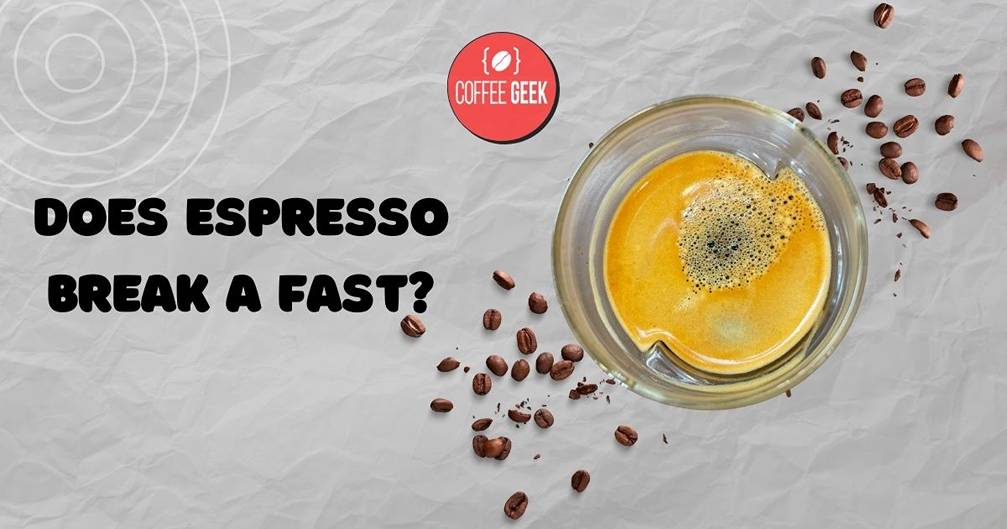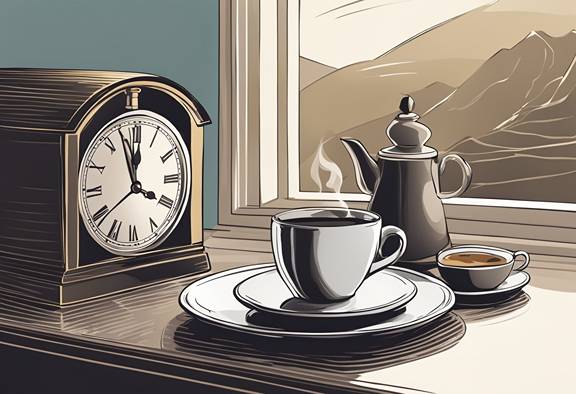Fasting has become a popular practice in recent years, especially with the rise of intermittent fasting.
Many people wonder if certain beverages can break their fast, and one common question is whether espresso breaks a fast. Does espresso break a fast?
The answer largely depends on your individual fasting goals and the type of fasting you’re practicing, as well as the components of the espresso itself.
Pure espresso, without any added ingredients such as milk, cream, or sugar, generally does not break a fast because it has minimal caloric content.
In fact, some proponents of fasting recommend incorporating black coffee or espresso into your fasting schedule as the caffeine can enhance fat-burning during fasting and help suppress appetite.
However, there might still be some debate among experts about the insulin response triggered by even zero-calorie beverages like black coffee or espresso.
It is important to consider the specific rules of the various fasting methods, as well as your reasons for fasting when determining whether espresso consumption during fasting is appropriate for you.
Consulting with your healthcare professional is always a good idea for personalized advice on this matter.
Key Takeaways
- Pure, black espresso typically does not break a fast due to minimal caloric content.
- Caffeine in espresso may enhance fat burning during fasting, but some experts debate its insulin response implications.
- Fasting methods and individual goals should be considered when deciding on espresso consumption during fasting.
Does Espresso Break a Fast?
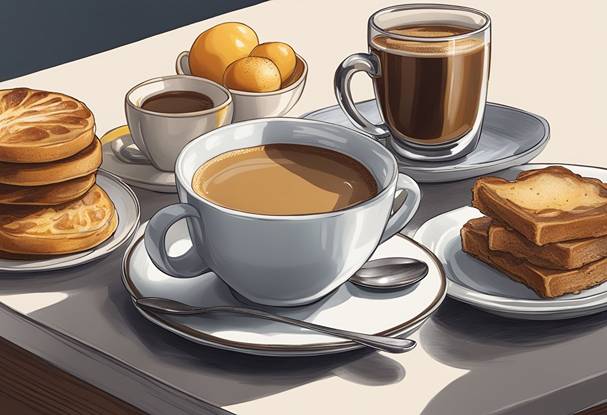
Basics of Intermittent Fasting
Intermittent fasting is a popular dietary approach where you cycle between periods of eating and fasting.
This practice has gained popularity due to its potential health benefits, such as weight loss and improved metabolic function.
There are different methods of intermittent fasting, but they all involve the same principle: consuming minimal to no calories during fasting periods.
What Constitutes Breaking a Fast?
Breaking a fast occurs when your body receives sufficient nutrients or calories to trigger metabolic processes.
This usually means consuming food or beverages with calories. However, not all fasting methods adhere to strict calorie abstinence.
Some forms of fasting may allow for minimal calorie intake to ease the fasting process.
When looking at beverages, water and calorie-free teas are generally safe during fasting periods without breaking people fast.
However, the role of espresso and other types of coffee in fasting remains a topic of debate.
Role of Espresso in Fasting
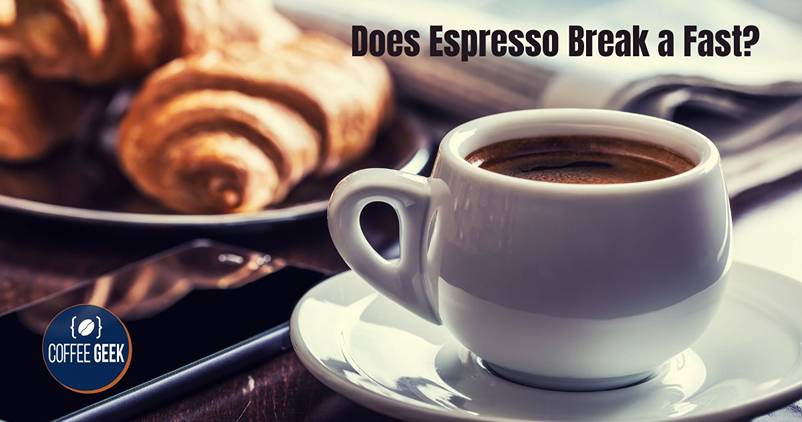
Espresso generally does not break a fast when consumed without any additives so it is not right that coffee break a fast.
A plain shot of espresso contains minimal calories and doesn’t have enough nutrients to cause significant metabolic changes in your body.
However, it is essential to be cautious of any additives, such as milk, cream, or sugar.
These ingredients contain calories and will break my fast if added to espresso.
It’s worthwhile to mention that caffeine in espresso can enhance fat-burning during fasting, making it a helpful beverage for those seeking weight loss benefits.
Remember that different fasting methods have varying rules about coffee and espresso consumption.
Always adhere to the guidelines of the fasting protocol you choose to follow.
In summary, as long as you keep your espresso pure and free of any caloric additives, it should not break your fast.
Be mindful of your specific fasting method’s requirements and enjoy your espresso without compromising the benefits of intermittent fasting.
Espresso Components and Caloric Content

Caloric Value of Espresso
When it comes to understanding how espresso would affect your fasting, it’s essential to consider its caloric value.
A typical shot of espresso contains about 5-10 calories, primarily coming from the natural oils and organic compounds found in coffee beans.
This small number of calories might seem negligible, but depending on the strictness of your fast, even a few calories could potentially break it.
On the other hand, if you are following a less strict fasting regimen, such as a restricted calorie fast or a fat fast, then consuming espresso should not significantly impact your goals with fasting.
Espresso vs. Black Coffee
You might wonder about the difference between espresso and black coffee concerning breaking a fast. Just like espresso, black coffee typically contains very few calories, with an 8-ounce cup containing around 2 calories.
Both espresso and black coffee are calorie-light beverages, as they consist of only coffee beans and water, without any added milk, sugar, or other ingredients that could raise the calorie count.
In summary:
- Espresso: 5-10 calories per shot
- Black Coffee: 2 calories per 8-ounce cup
Espresso and black coffee share some similar benefits when it comes to fasting, such as increased alertness, suppressed appetite, and improved cognitive function due to their caffeine content.
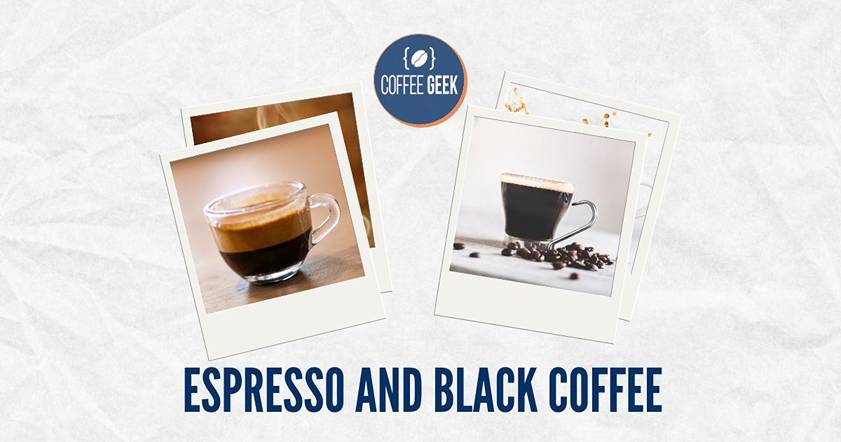
However, it is essential to remember that the caloric content of these beverages might still affect certain fasting regimens, especially those that forbid any caloric intake.
When deciding to include espresso or black coffee in your fasting routine, you should always take their caloric values into account and consider the specific goals and requirements of your chosen fasting method.
Espresso Additives and Fasting
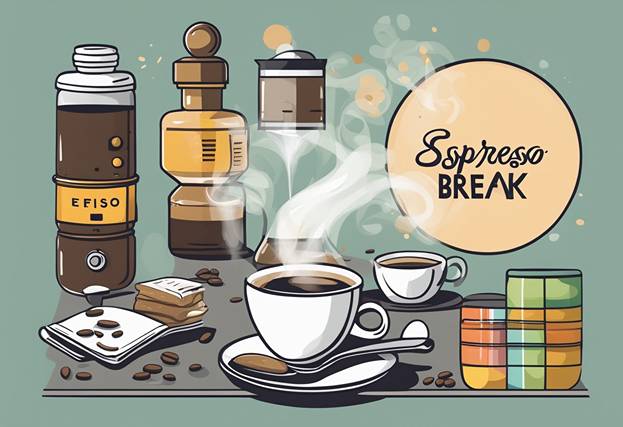
Milk, Cream, and Sweeteners
When you’re fasting, it’s essential to understand the role of additives in breaking your fast. Adding milk, cream, or sweeteners to your espresso can interrupt your fasting state.
These additives not only contain calories but also have the potential to spike insulin levels, which is detrimental to your fasting efforts1.
If you’re accustomed to enjoying your morning espresso with milk or cream, switching to black espresso while fasting periods is advisable.
Consuming espresso without added sugars or other sweeteners will help you maintain your fast and reap the benefits of your fasting efforts2.
Acceptable Additives During Fasting
While some additives should be avoided during fasting, there are a few alternatives that can be included in your espresso without breaking your fast.
These acceptable additives tend to have minimal to zero caloric content, making them suitable for fasting periods. For example, consider adding almond milk as a low-calorie dairy substitute.
Moreover, if you miss the sweetness in your espresso, choose natural, calorie-free sweeteners like stevia or erythritol.
These sweeteners have negligible effects on insulin levels, allowing you to continue your fasting state without interruption3.
In summary, while enjoying you drink espresso while fasting periods, remember to keep your espresso free from milk, cream, and high-calorie sweeteners.
Opt for low-calorie alternatives like almond milk and natural, calorie-free sweeteners to maintain the fasting state and achieve your health goals.
Physiological Effects of Espresso During Fasting

Appetite and Hunger Regulation
During a fasting period, you may experience hunger pangs due to your body’s natural response to the lack of food intake.
Drinking espresso, which contains caffeine, could help suppress your appetite and make fasting more manageable.
Caffeine stimulates the release of hormones such as dopamine and norepinephrine, which can improve your mood and may help reduce your hunger levels.
However, it’s essential to keep your espresso plain, without any milk or sugar, to avoid consuming calories and breaking your fast.
Remember to also stay within the acceptable daily caffeine intake (about 400 mg/day for adults) to avoid potential side effects like nervousness or heart palpitations.
Autophagy and Fat Burning
One of the primary goals of fasting is to induce autophagy – a process where your body cleanses itself by recycling and removing damaged cells and proteins.
Espresso, which is rich in caffeine, may enhance fat burning during fasting by increasing your metabolism and promoting lipolysis (the breakdown of fats).
Moreover, research suggests that caffeine can also stimulate autophagy in some cells, which could be beneficial during fasting.
Nevertheless, it is essential to note that different fasting methods have varying rules about coffee and espresso consumption, so make sure to inform yourself about the specifics of your chosen fasting regimen.
Alternative Espresso Options
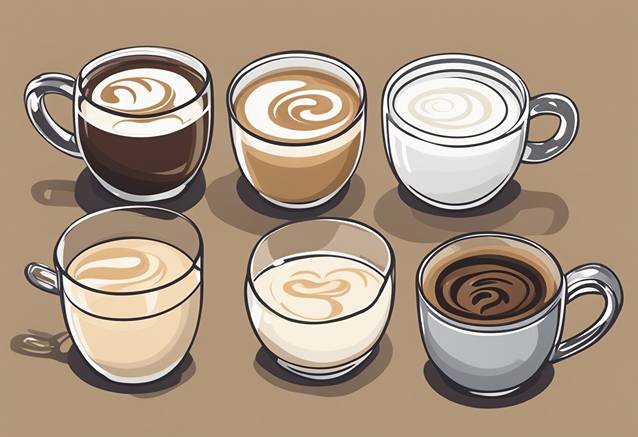
Decaf and Flavored Espressos
If you’re fasting and concerned about whether espresso will break it, you may consider opting for decaf espresso.
Decaf provides the same familiar flavor without the stimulating effects of caffeine.
However, it’s worth noting that caffeine itself doesn’t necessarily break a fast, so decaf espresso would be an option focused on reducing caffeine intake.
In addition to decaf, you may also explore flavored espressos, which generally come in the form of syrup infusions.
Beware of the sugar content, as it could break your fast.
Opt for sugar-free syrups to maintain your fasting state while still enjoying the unique flavors.
Espresso with Non-Dairy Milks
To add additional nuances to your espresso without breaking your fast, consider using non-dairy milks such as almond milk or coconut milk. These options offer lower calorie counts and usually won’t break your fast if used in moderate amounts.
Almond milk is a popular choice due to its slightly nutty taste and lower calorie count compared to dairy milk.
It’s an excellent option when you’re fasting and prefer a milder espresso beverage.
Coconut milk, on the other hand, adds a more distinct and exotic flavor.
Though slightly higher in calories compared to almond milk, it’s still a viable option within moderation for those observing fasting guidelines.
Remember, rules for consuming beverages during fasting may vary based on the type of fasting you’re following or your personal preferences.
Make sure to stick to your guidelines and adjust your espresso options accordingly.
| Espresso | Breaks Fast? |
|---|---|
| Black (without sugar or cream) | No |
| With sugar or sweeteners | Yes |
| With cream or milk | Yes |
| With sugar and cream/milk | Yes |
| Decaffeinated | No (unless additives like sugar or cream are added) |
Final Words
When it comes to fasting, particularly intermittent fasting, many people wonder if drinking espresso or coffee will break their fast.
The central question revolves around whether coffee consumption, specifically espresso coffee, affects the fast depends largely on the amount of calories consumed and how the coffee is prepared.
Plain espresso coffee, which is made by forcing hot water through finely ground coffee beans, contains almost no calories – the amount is so negligible it might as well be zero.
Therefore, a cup of espresso or even plain brewed coffee won’t break a fast since these beverages typically contain less than 50 calories.
This is crucial, as the general consensus is that anything under 50 calories does not significantly disrupt fasting and its benefits.
However, the situation changes if you add cream, milk, or sugar to your coffee.
Flavored coffee, which often includes added sugars and cream, can certainly break a fast due to the increase in calories.
People who are trying to intermittent fast, particularly those who do so for weight loss and metabolic health, need to be mindful of this.
Even popular alternatives like Bulletproof coffee, which combines coffee with butter and oil, can break a fast because of the high-calorie content of the added fats.
For those who drink coffee while fasting, it’s essential to consider how you drink it.
Espresso and coffee act as natural appetite inhibitors, which can be beneficial when fasting for several hours.
Their caffeine content can also help maintain energy levels.
Whether it’s a shot of espresso to sip during an intermittent fast in the morning or a regular morning coffee, as long as it’s consumed black without added calories, it won’t disrupt your fasting window.
In summary, plain espresso or black coffee doesn’t break a fast and can be a helpful tool for those fasting for health reasons.
However, the addition of any caloric substance like cream or sugar will break the fast. It’s important for those fasting to keep their coffee intake simple to maintain the effectiveness of their fasting diet.
Frequently Asked Questions
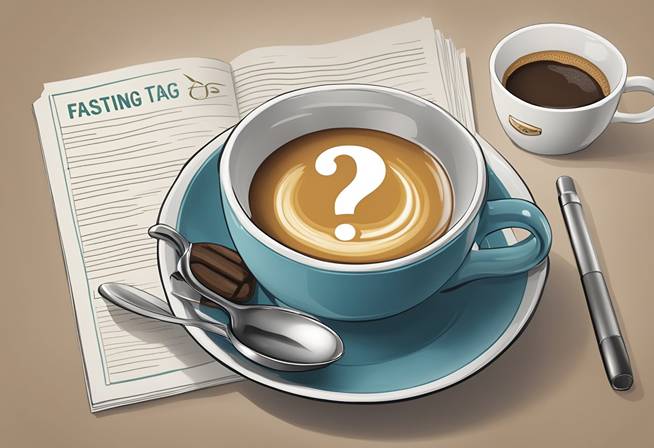
Can drinking espresso impact the results of blood work during a fasting period?
Drinking espresso before blood work may impact the results, especially if you are fasting.
Caffeine can alter blood sugar and lipid levels, potentially leading to inaccurate results. It is better to consult your healthcare provider about whether you can consume espresso before your blood tests.
How many calories does a shot of espresso contain?
A shot of espresso contains approximately 1-2 calories. The low calorie count makes espresso a suitable beverage choice during a fasting period for most fasting types.
However, bear in mind that adding sugar, milk, or cream will increase the calorie count and potentially break your fast.
Does consuming espresso interfere with maintaining a state of ketosis?
Espresso, being almost calorie-free and carbohydrate-free, does not interfere with maintaining ketosis. In fact, caffeine can even boost ketone production.
However, it’s crucial not to add high-carb ingredients like sugar or milk to the espresso to remain in a state of ketosis.
Can one consume multiple cups of coffee without breaking a fast?
As long as you stick to black coffee or espresso with no additives, consuming multiple cups should not break your fast.
Caffeine may even help suppress your appetite while fasting. However, it’s essential to monitor your body’s reaction, as individual responses may vary.
What types of coffee can be consumed that do not disrupt fasting?
Black coffee and espresso without additives are your best options for not disrupting fasting.
Avoid adding milk, cream, sugar, or sweeteners to maintain the fasting state. Other coffee options like cold brew or drip coffee without additives are also suitable.
Does the addition of artificial sweeteners like Splenda to espresso affect the fast?
Adding artificial sweeteners such as Splenda to your espresso might disrupt your fast.
Some studies suggest that artificial sweeteners can increase insulin response, which may interfere with fasting goals. It’s recommended to stick with black coffee or espresso without any additives during fasting periods.

